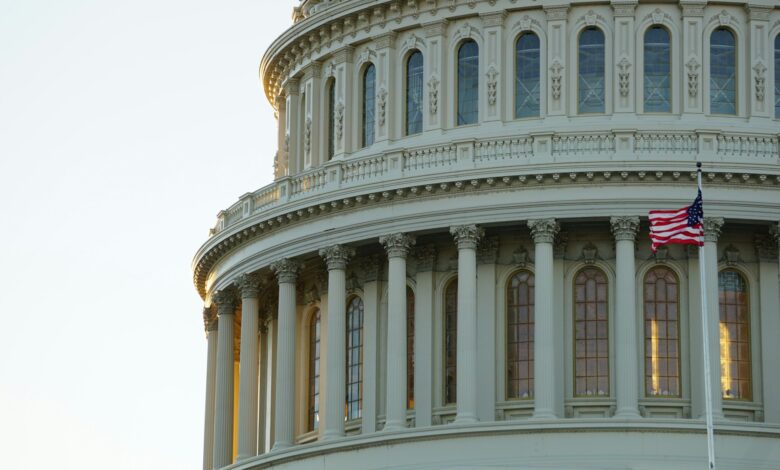
Coinbase Advocates for Comprehensive Crypto Regulation Framework
In an effort to cultivate a thriving environment for the cryptocurrency sector in the United States, Coinbase’s Chief Policy Officer, Faryar Shirzad, has made a compelling case to US legislators. Shirzad emphasizes the necessity for a solid regulatory framework that not only safeguards American investors but also propels the industry forward. He has delineated six pivotal priorities to achieve this objective.
The Potential of the Crypto Industry: A Call to Action for Congress
On a recent Wednesday, Faryar Shirzad utilized a blog post to urge the US Congress to craft pertinent regulations for the cryptocurrency sector. Shirzad posits that the current legislative landscape is restrictive and has stifled the industry’s growth potential within the nation. He highlights the uncertainty and riskiness that a lack of regulatory clarity imparts on both innovators and consumers, thus underscoring the urgent need for a new framework that can unlock the advantages of blockchain technology while ensuring public safety.
Empowering Innovation and Ensuring Consumer Protection
Shirzad suggests that any legislation formulated by Congress should empower developers, provide customers with choices, encourage participation in the blockchain economy, and establish necessary safeguards for centralized financial intermediaries. He underscores the opportunity before Congress, particularly under the current crypto-friendly administration, to pass thoughtful legislation that strikes a balance between innovation and consumer protection.
Simple and Inclusive Regulations
To achieve this balance, Shirzad advises that the regulations should be straightforward and accessible. He warns against unnecessary complexity and advocates for the integration of crypto rules into the existing legislative framework without disruption. This approach would protect areas of innovation such as Decentralized Finance (DeFi) and digital commerce, allowing them to grow without undue constraints. He further stresses the importance of investor protection, cautioning that overregulation may drive innovation away from the US.
Clear Definitions: A Priority for Effective Legislation
Shirzad identifies six key priorities for Congress to focus on, beginning with the need to clearly define digital assets. This involves distinguishing between securities, commodities, and other token types. He advocates for the Commodity Futures Trading Commission (CFTC) to be granted authority over the spot market for digital assets, such as Bitcoin and Ethereum, which are classified as commodities. This would ensure transparency and protect consumers from fraudulent activities.
Supporting Responsible Fundraising
Shirzad also suggests that the Securities and Exchange Commission (SEC) should develop rules that permit responsible fundraising for blockchain projects, providing developers with clear pathways to raise capital without automatically classifying every token as a security. Additionally, he emphasizes the necessity of a stablecoin framework that mandates full backing and transparency, as well as the protection of DeFi and digital commerce platforms, including smart contracts and NFT marketplaces.
Ensuring Accountability for Centralized Platforms
Lastly, Shirzad calls for clarity concerning centralized entities. He proposes that platforms holding user funds should be subject to regulation to ensure accountability and bolster consumer confidence. This blog post from Coinbase aligns with the company’s ongoing efforts to seek regulatory clarity in the US, as evidenced by their recent letter to regulators requesting guidance on banking services for crypto businesses.
By advocating for widespread participation in the crypto economy, Shirzad underscores the need for a comprehensive ecosystem that supports the industry’s growth and sustainability.







